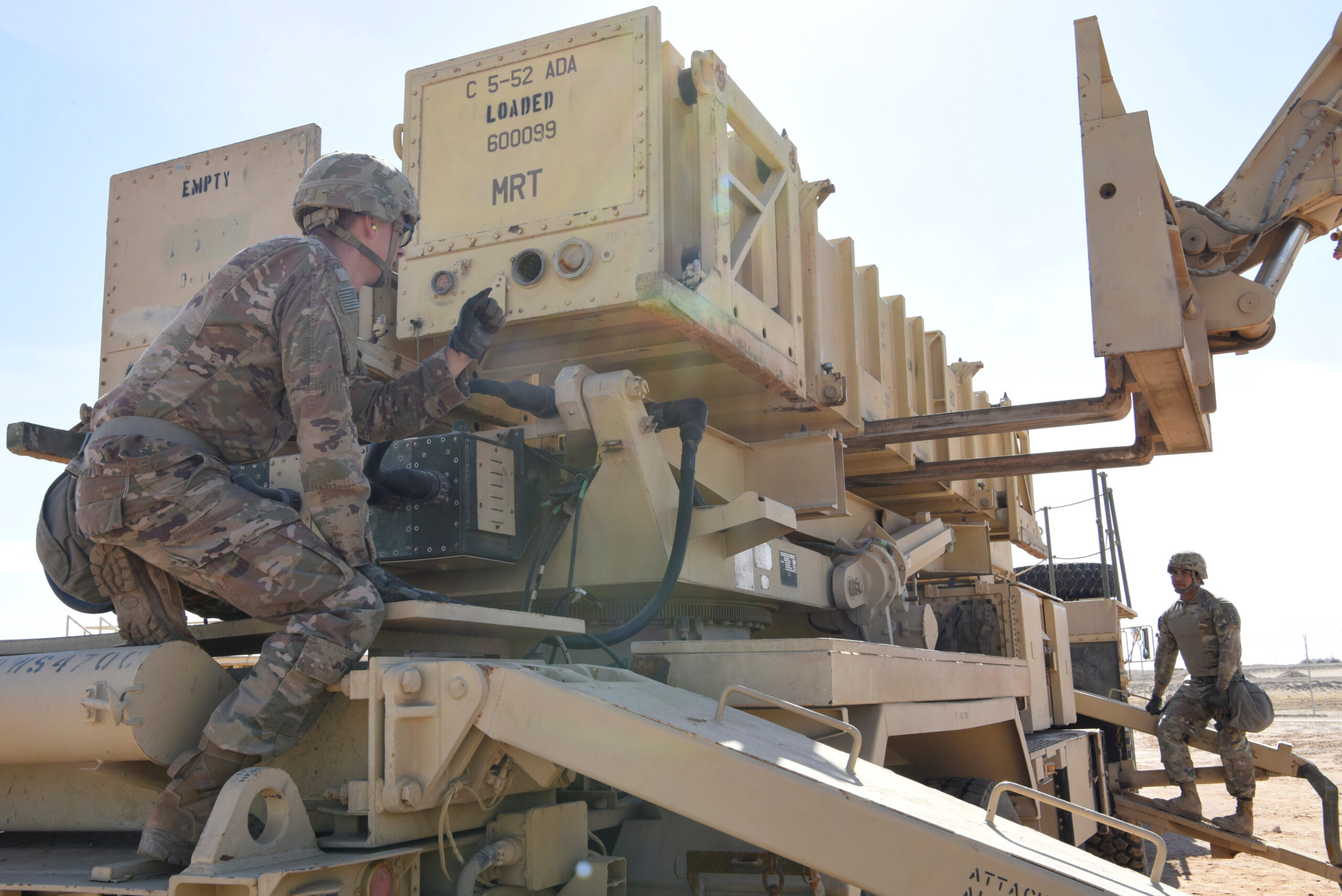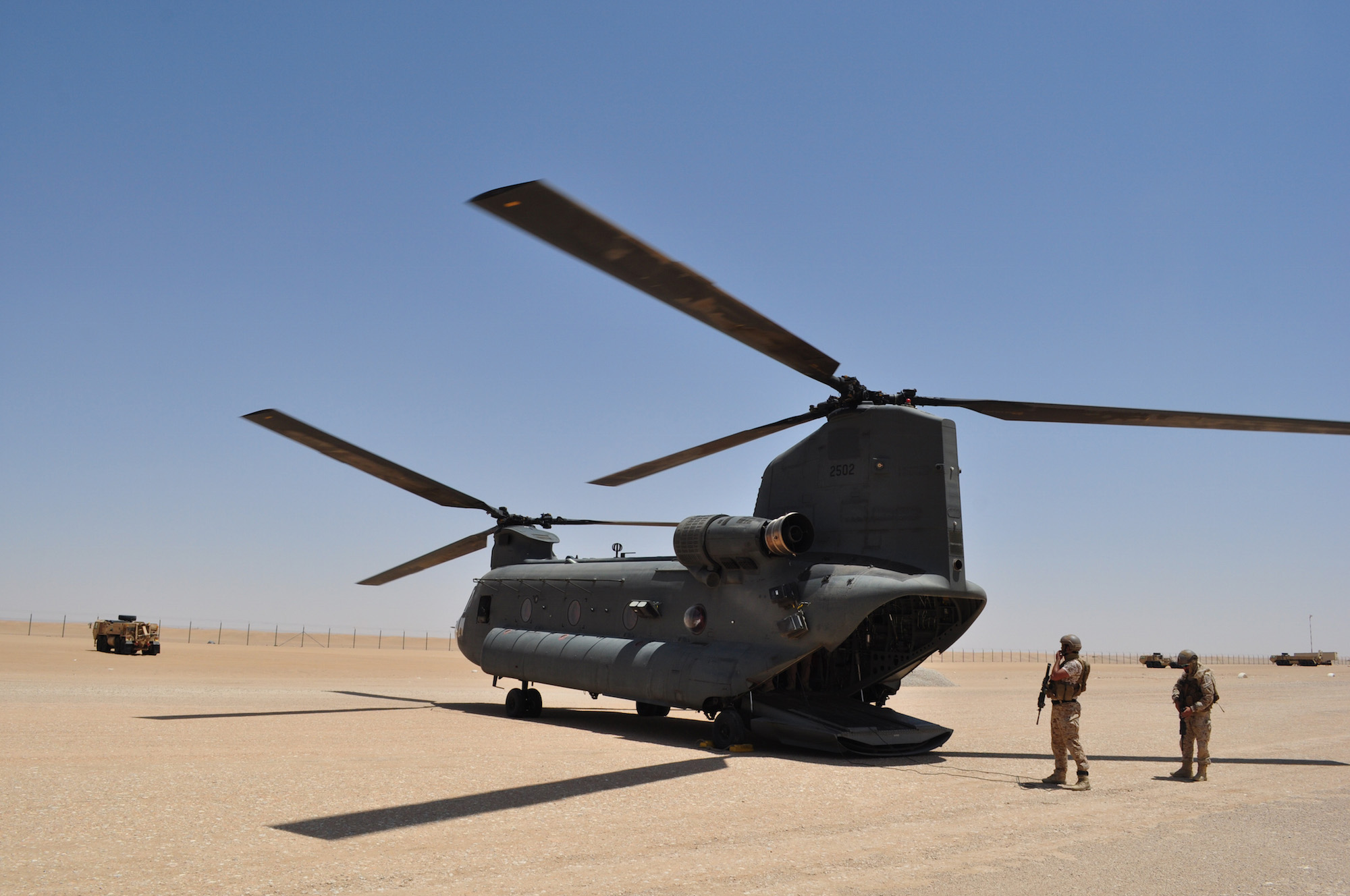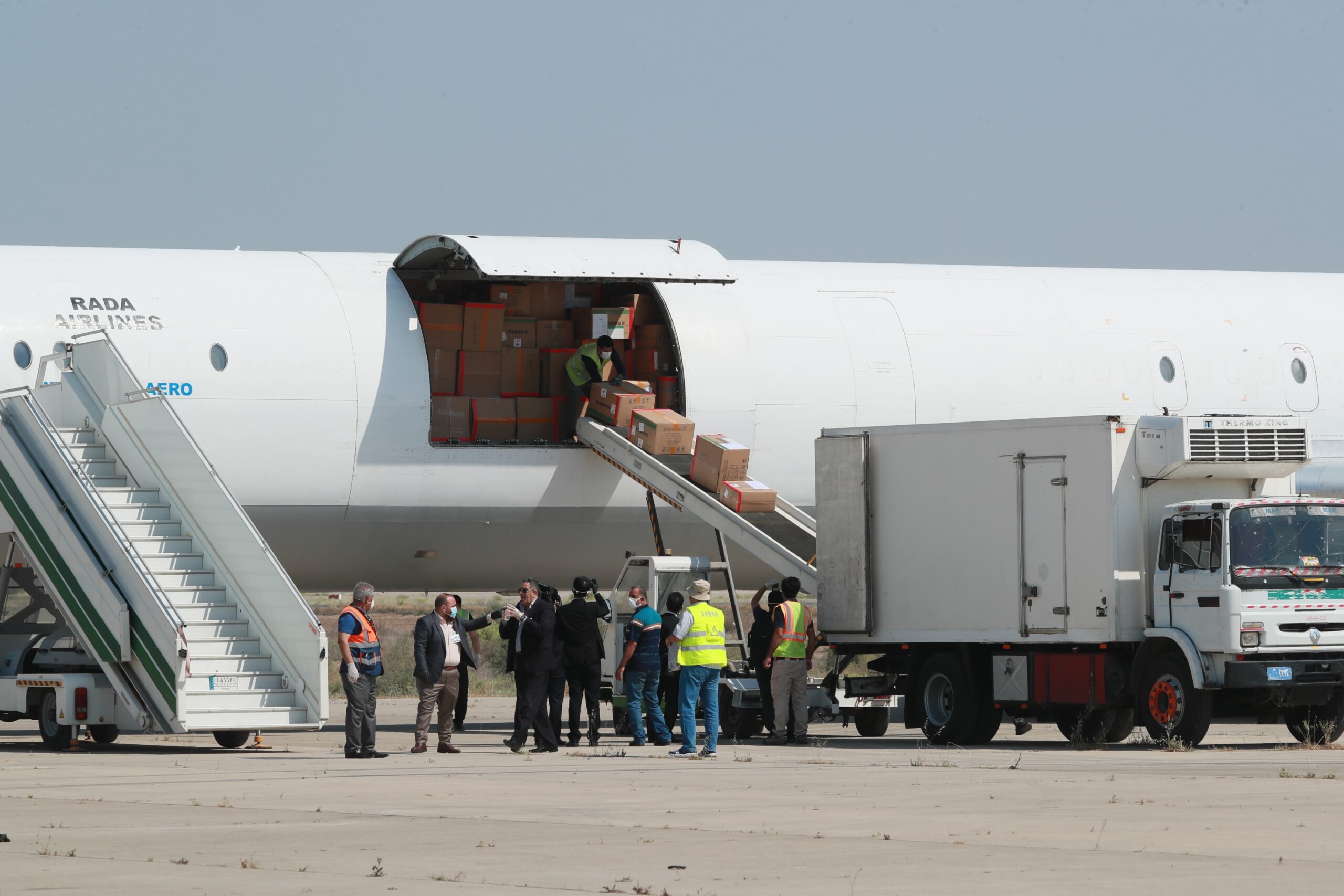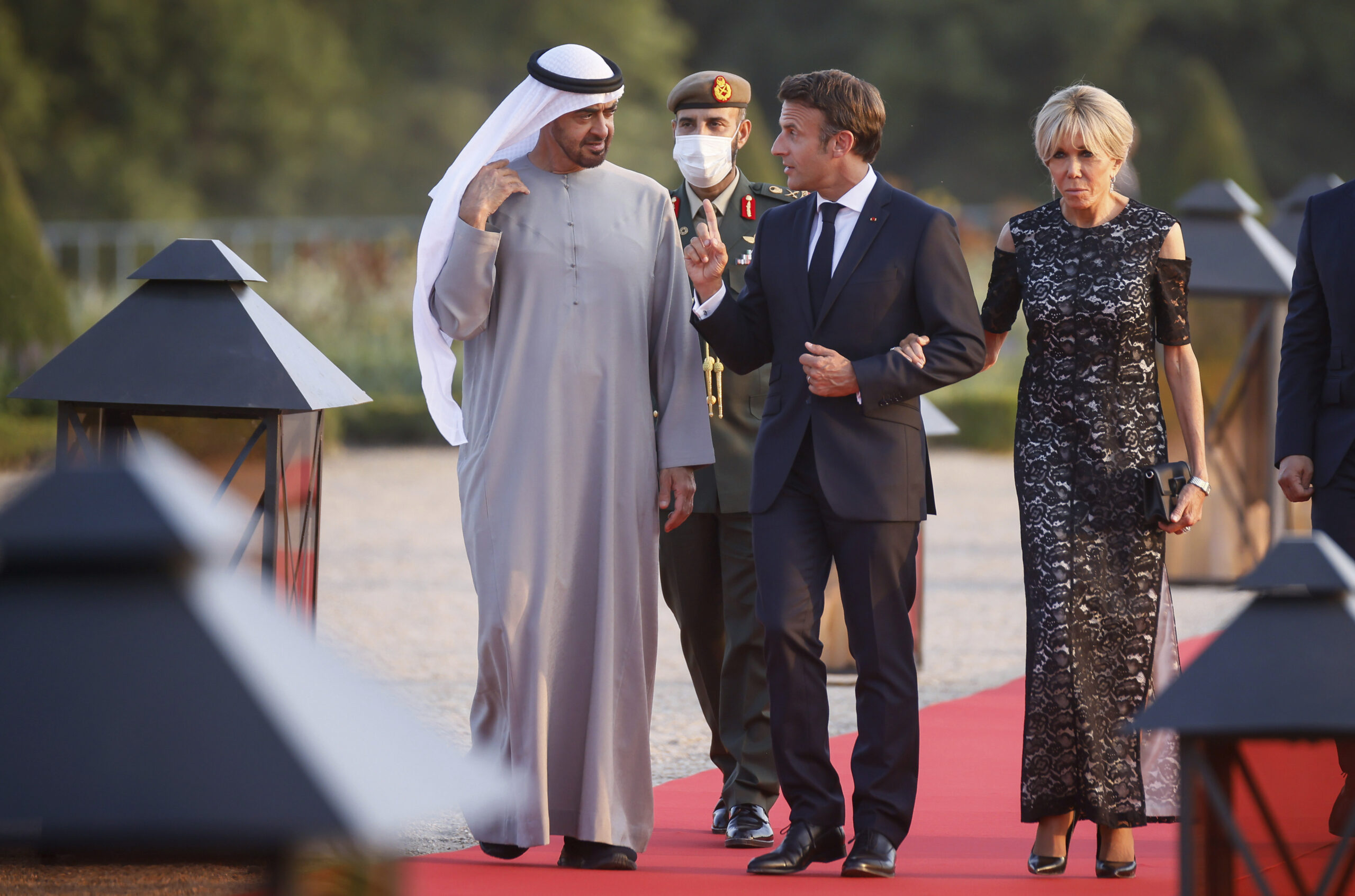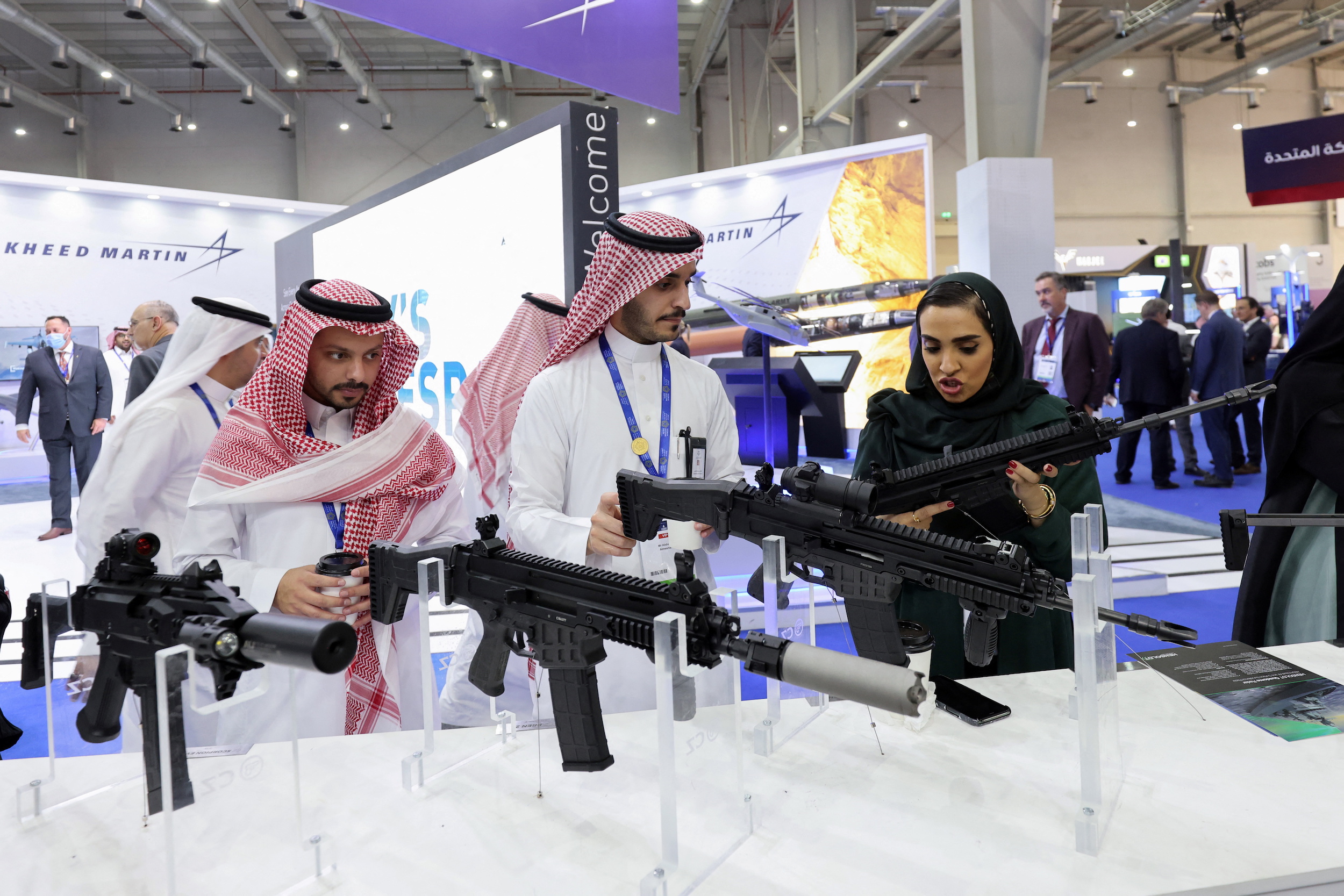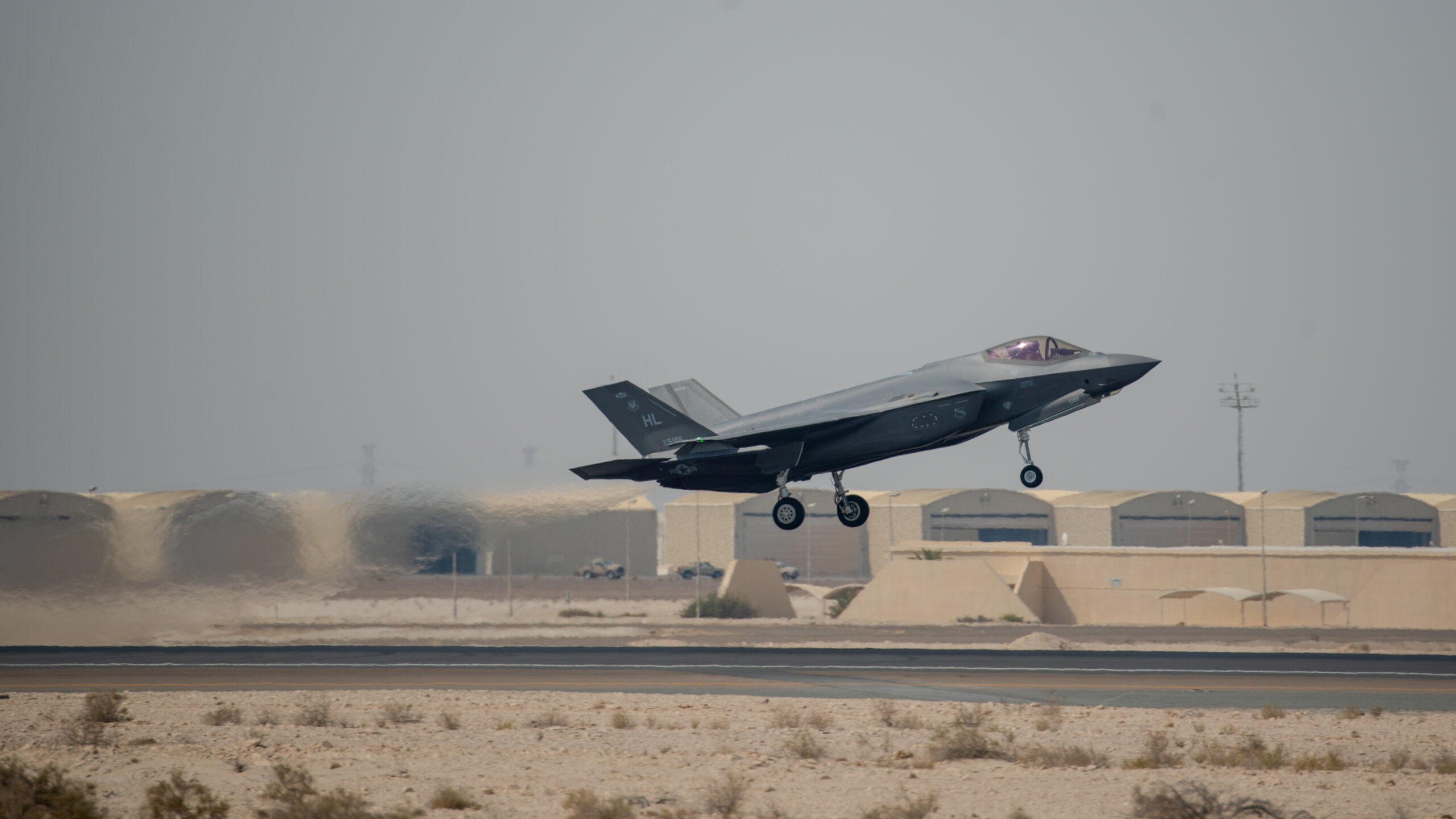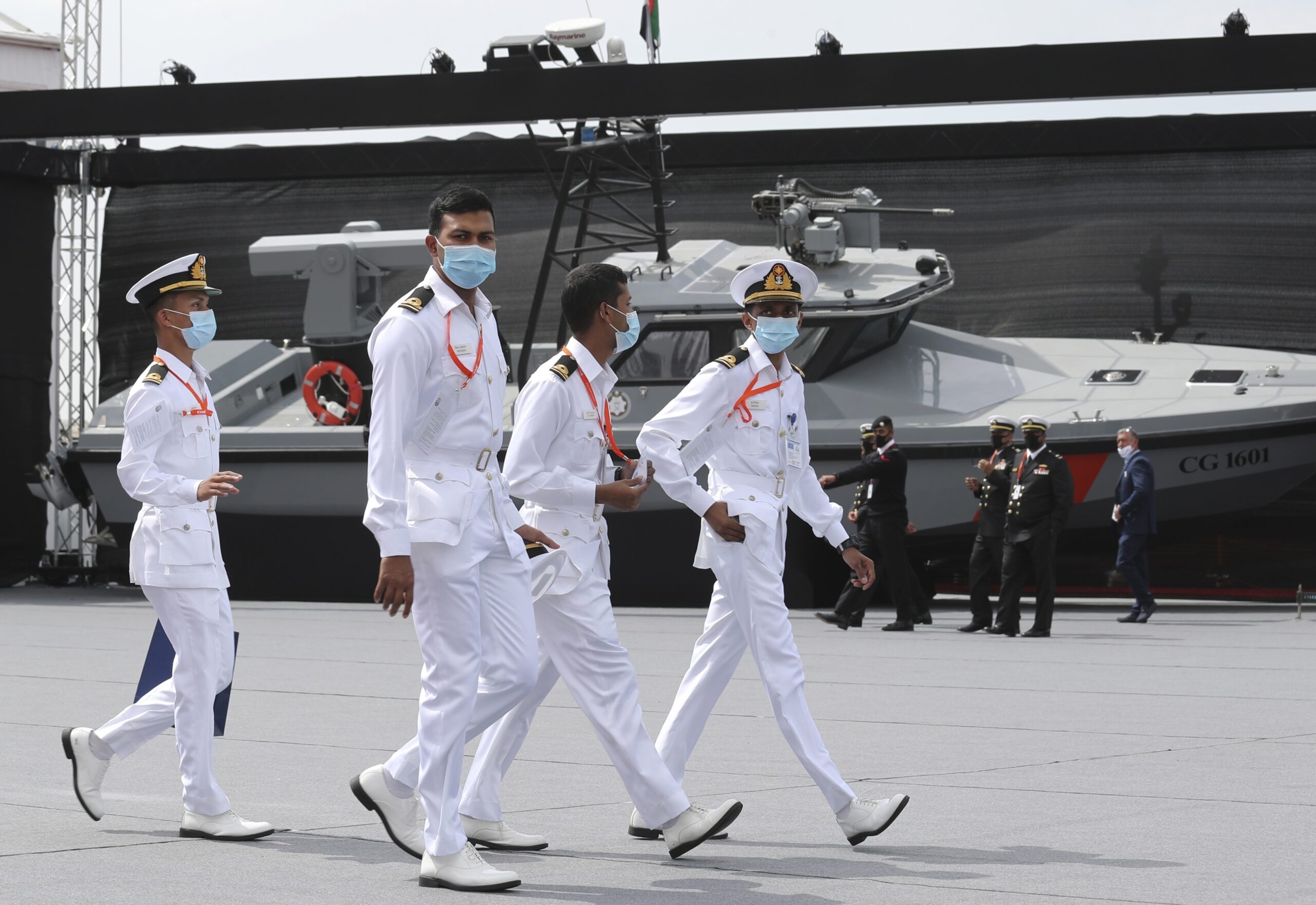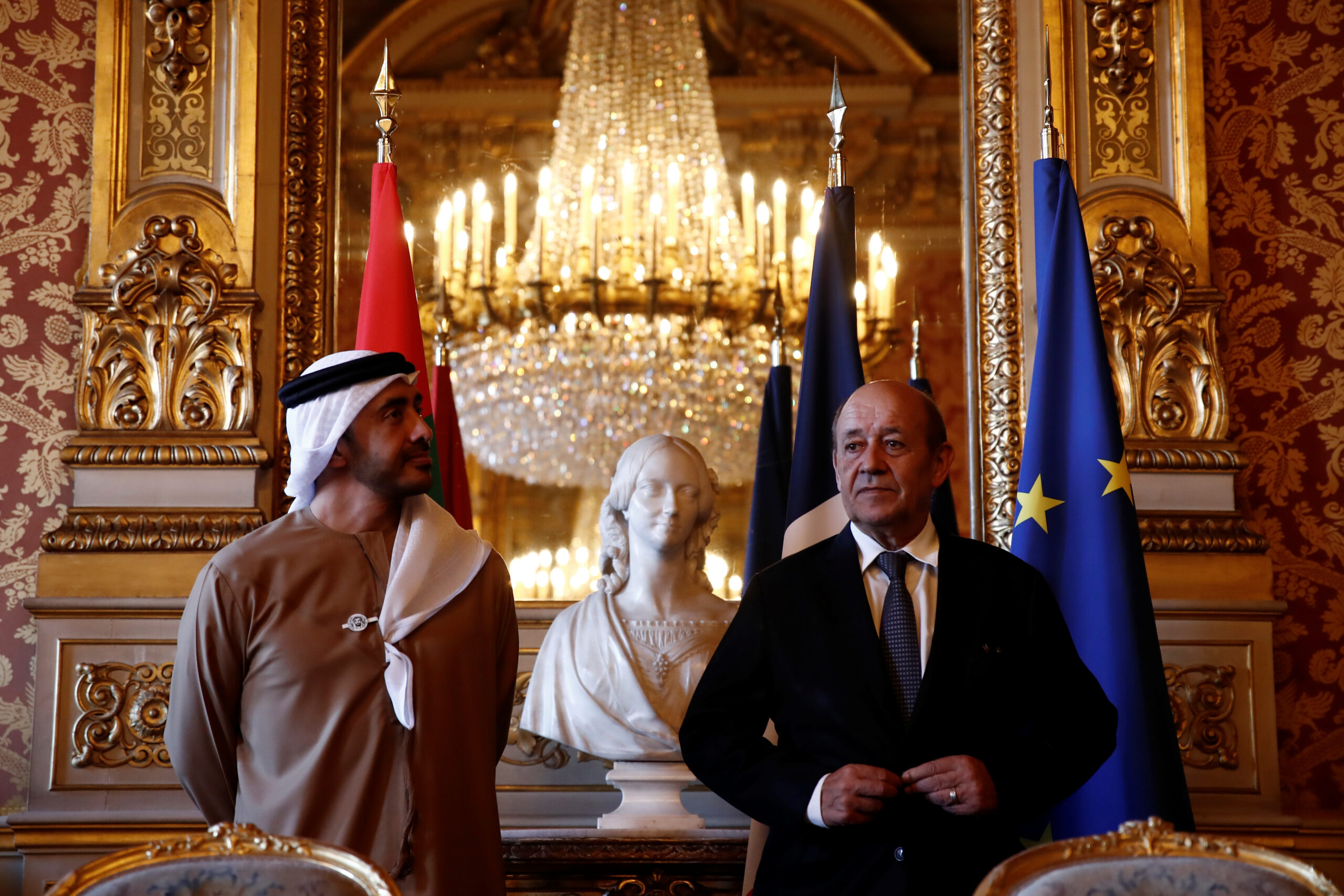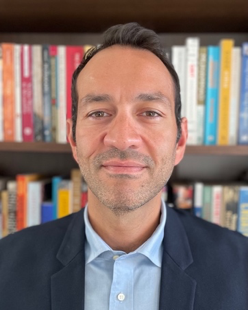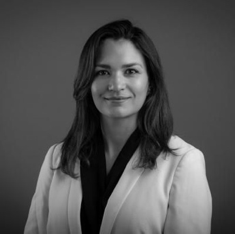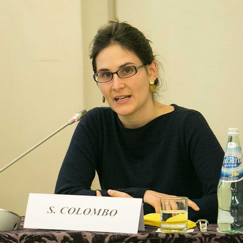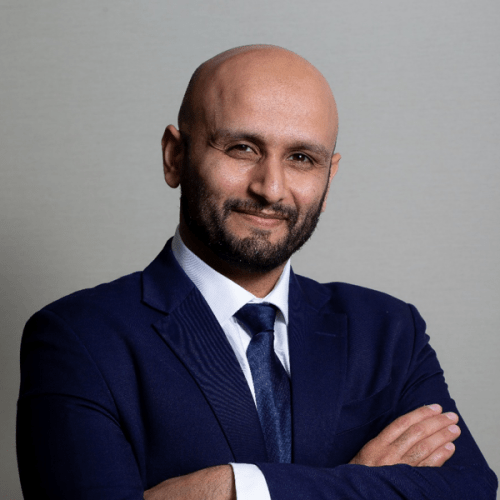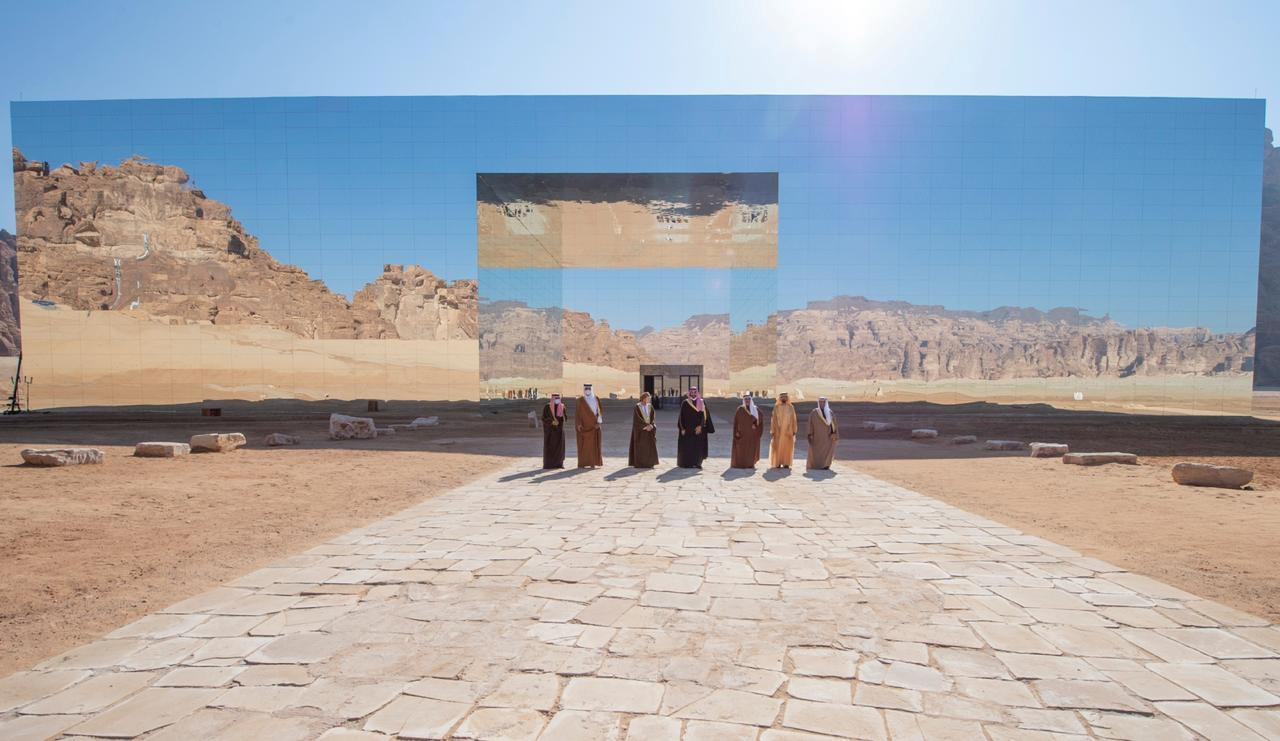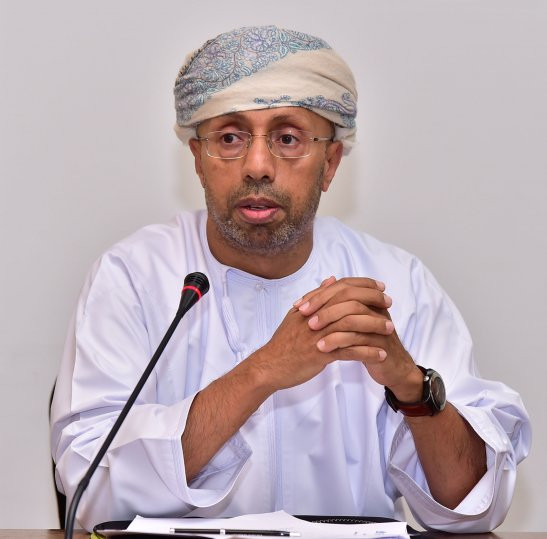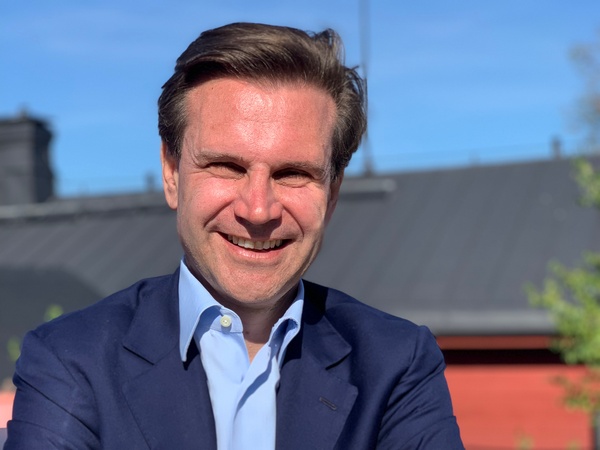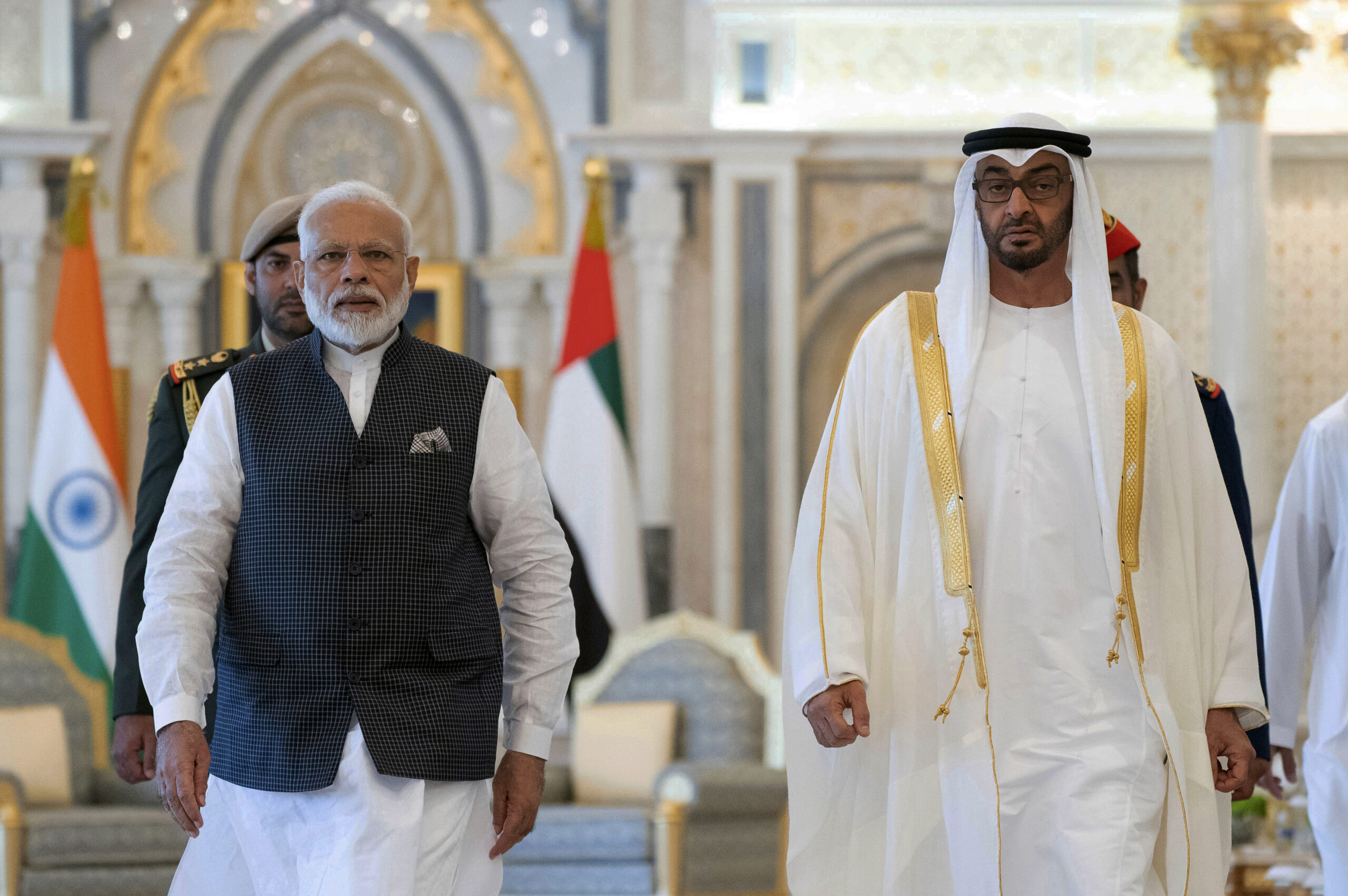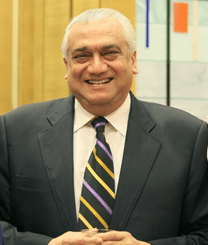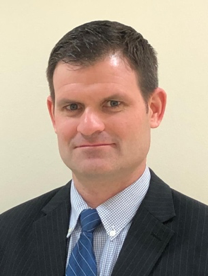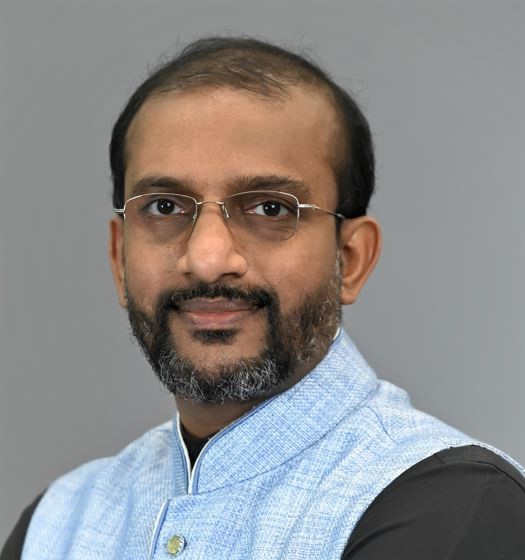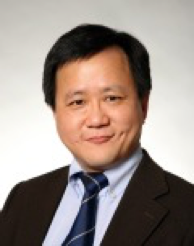UAE Security Apparatus Central to Its Pandemic Response
The UAE’s growing military engagement has contributed to the steady rise of the armed forces as the centerpiece of a power and influence strategy carved out by the UAE’s de facto leader, Mohammed bin Zayed.
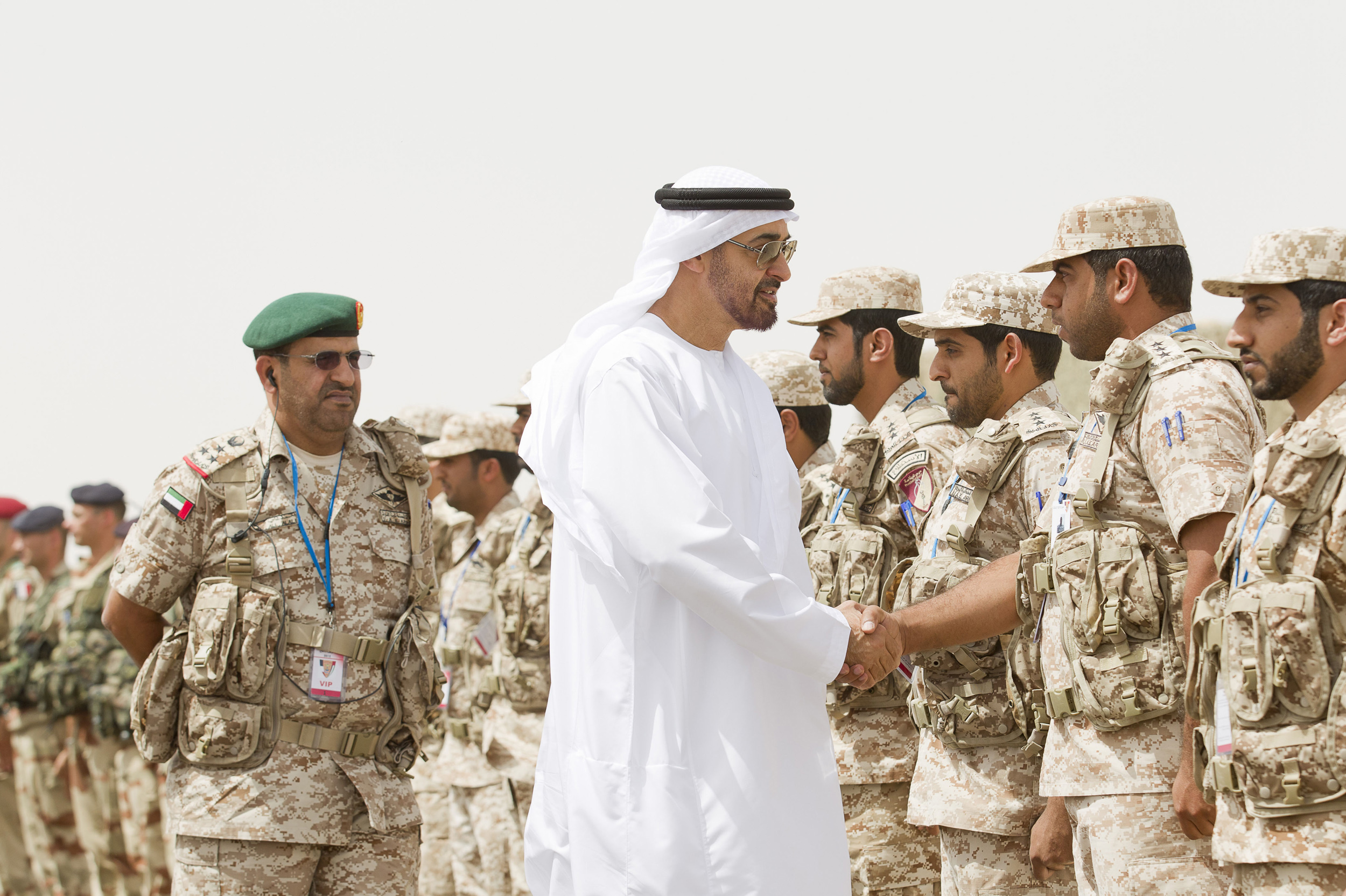
In January, the United Arab Emirates became the first Middle Eastern country to acknowledge a coronavirus case. Since then, it has been hit hard by the virus, with the total number of infections exceeding 52,000. Its response to the pandemic, inside and outside its borders, has received international praise. Tedros Adhanom Ghebreyesus, the chief of the World Health Organization, commended the UAE’s humanitarian efforts in the global fight against the coronavirus, lauding its help to Iran in early March and its provision of medical supplies to African countries in April. On June 7, Ghebreyesus thanked Mohammed bin Zayed al-Nahyan, the crown prince of Abu Dhabi, for the UAE’s contribution of 500,000 testing kits, worth $10 million, to the WHO.
These remarks recognize the energy and resources put forth by the UAE in its humanitarian diplomacy. However, perhaps a more interesting aspect of the Emirati response to the pandemic lies in the UAE’s evolving national defense and security apparatus.
Over the past decade, against a backdrop of favorable global and regional conditions, the UAE has relied on greater use of military capabilities in external theaters to make assertive power plays in the Middle East and beyond. Within the country, the status of the armed forces has continuously risen, with the engagement in Yemen contributing to a growing sense of national identity. In fact, the UAE’s growing military engagement in the region since the Arab Spring uprisings, almost 10 years ago, has contributed to the steady rise of the armed forces as the centerpiece of a power and influence strategy carved out by the UAE’s de facto leader, Mohammed bin Zayed. This is the case both for his country on the regional and international stage, and for himself as the “warrior prince” of the rising middle power. At first glance, it appears that the pandemic – added to negative international attention – could put a halt to this, as it has forced many countries (in particular in Europe) to scale back their military operations. But it is not clear that will be the case.
Far from being pushed to the sidelines by recent events, the UAE armed forces have been given a new role within Mohammed bin Zayed’s evolving strategic agenda. They have been at the heart of the strategy deployed to tackle the coronavirus outbreak. On May 5, on the 44th Armed Forces Unification Day, UAE President Khalifa bin Zayed al-Nahyan saluted “the efforts and active participation of our brave armed forces, police and civil defense forces, and security services … to ensure the implementation of precautionary and preventative measures enacted by the country to contain the spread of the coronavirus pandemic.”
Inside the country, a “blended civil-military” approach has been undertaken, writes Theodore Karasik. The response has mostly relied on strict lockdown protocols and decontamination programs. The steps taken to contain the virus also include massive testing – the country was the first in the world in terms of tests performed per 1 million people – as well as contact tracing. This last aspect of the response to the pandemic, in the UAE and other countries, raises important questions pertaining to citizen tracking, data collection, and state surveillance. In the process, it reinforces the influence of the security apparatus, notably the intelligence services.
On the domestic front, the approach to the coronavirus confirms the centrality of the military in the UAE, which also means further empowerment for Abu Dhabi and Mohammed bin Zayed, who stated on Unification Day that the “armed forces will be a cornerstone of the UAE’s strategic plans for the next 50 years.” The ascending influence and power of Abu Dhabi over the other emirates was bolstered by the 2008-09 global financial crisis, which took a particularly harsh toll on Dubai, and has remained unchallenged ever since.
When it comes to its engagement on the international front, however, UAE policymaking can be seen as bicephalic. Over the past decade, a good example of its blended civil-military approach to foreign policy has been its port strategy. While Emirati outreach through investing in many ports around the world was the doing of Dubai Port World, Abu Dhabi later started militarizing some of these locations in the Horn of Africa. The UAE’s current humanitarian initiatives might turn out to be another example of this tactic. As of June 12, the UAE had responded to the coronavirus crisis by providing over 904 metric tons of aid to over 65 countries. While Dubai plays an incremental role in this, with shipments of medical supplies made through the International Humanitarian City, Abu Dhabi is extremely involved in the overall strategy. Its linchpin is Group 42, an Abu Dhabi-based artificial intelligence and cloud-computing company.
Days after the UAE expressed support to China in its fight to contain the spread of the virus, G42 announced that it would “set up joint lab operations, train medical and security personnel, as well as leverage its cloud infrastructure and AI platform to support data storage and provide advanced data analytics on the evolution of the epidemic.” Prior to this, in mid-January, G42 had acquired Bayanat for Mapping and Surveying Services – a company born out of the commercialization of the UAE’s Military Survey Department, a sector of the UAE armed forces. In late March, G42 and the Beijing Genomics Institute, whose partnership had begun in December 2019, inaugurated a massive coronavirus detection lab in the UAE, using Reverse Transcription Polymerase Chain Reaction-based kits they co-developed. These testing kits are at least in some instances those the UAE provided as part of its humanitarian aid abroad, including those it donated to the WHO.
As has been the case domestically, this has raised questions pertaining to data collection and use (by intelligence services in the UAE or China) at the global level. It certainly confirms the continued centrality of the security apparatus in the Gulf country’s policies. Indeed, G42 has links to the ruling family, leading to speculation that Mohammed bin Zayed – who is often thanked by name for the UAE’s coronavirus global assistance – is the main architect of the country’s response to the pandemic, with G42 as its main weapon. Mohammed bin Zayed’s interest in the latest technologies, including artificial intelligence, predates the pandemic. The Mohamed bin Zayed University of Artificial Intelligence, the first graduate level, research-based AI university in the world, was established in Abu Dhabi in October 2019, with its board of trustees including Peng Xiao, the CEO of G42.
While the foundation was already in place for it, the pandemic thus seems to have worked as a great accelerator of a new effort by Mohammed bin Zayed to secure his own position within the UAE and that of his country on the global stage. This might be the making of a new arrow within the UAE’s “smart power” diplomatic quiver: a medical-cyber one, capitalizing on humanitarian diplomacy to bolster progress in building future capabilities in global surveillance, cyber warfare, and artificial intelligence – potentially with the support of China.
The views represented herein are the author's or speaker's own and do not necessarily reflect the views of AGSI, its staff, or its board of directors.

